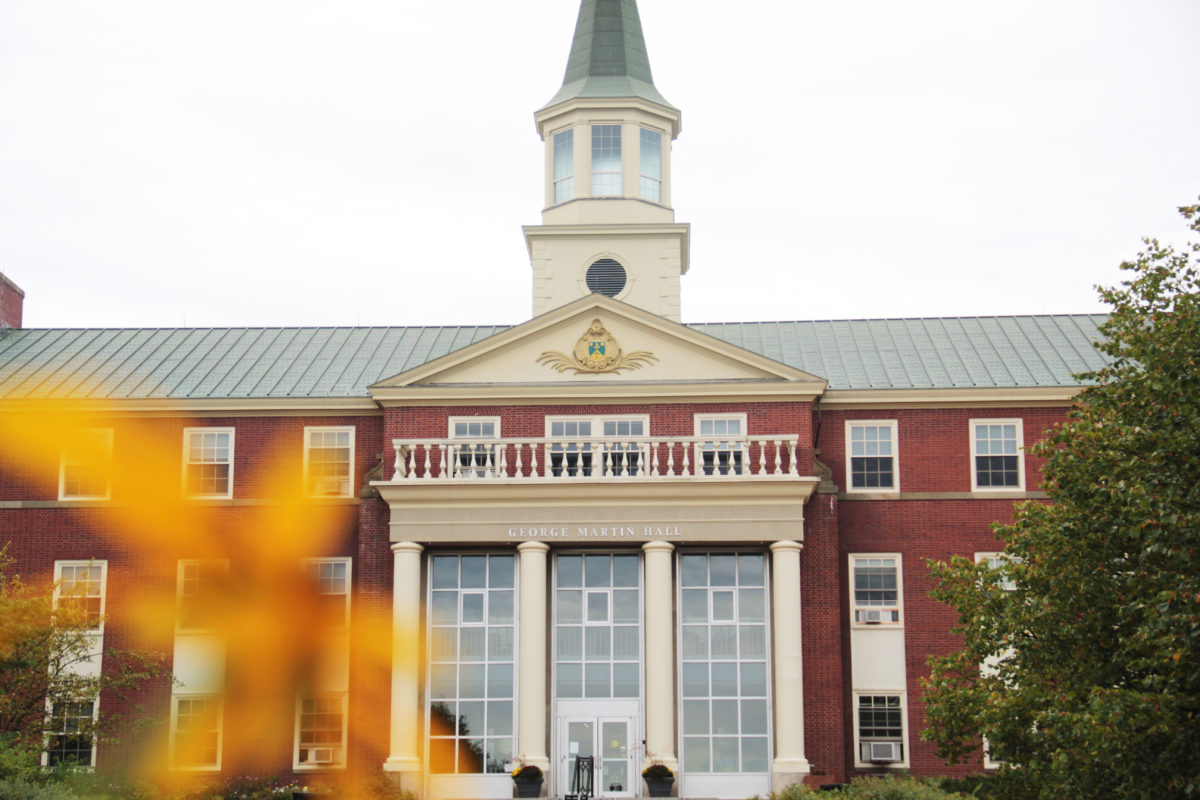After discussions between St. Thomas University Students’ Union and STU student services, the university will move away from an outright pub crawl ban and focus on a new alcohol harms reduction policy.
Philippe Ferland, STUSU vice-president administration, said a ban is a reactionary measure that could drive drinking culture underground and make it less safe.
“We saw that banning pub crawls won’t actually get rid of them, or offer safer alternatives for students who drink, because it’s not gonna stop students from drinking. So instead, we’ve looked into creating an alcohol harms policy … [We’re] looking for much safer ways to acknowledge the fact that people on campus drink,” Ferland said.
“We’re looking to create a committee to start working on that, but in terms of actual pub crawl banning that is not the plan whatsoever.”
Jeffrey Carleton, STU director of communications, said while a ban is not imminent, the new alcohol harms reduction policy will deal with regulating that activity.
“In my discussions with student services they believe it’s more productive to look at this particular issue in light of a more comprehensive policy, so they’re putting their emphasis on developing that strategy and will make a decision on pub crawls within that.”
Ferland said STUSU looked at many other universities, including the case of the University of New Brunswick ban that was announced last August, and saw that it was not effective at making drinking safer.
“We’ve looked at cases with UNB as well where they’ve banned pub crawls but that hasn’t stopped students from organizing them, just under different names … That was something that we want to avoid completely.”
Ferland said a ban would remove all safety precautions residence advisors and the student union take when they know a pub crawl is organized. For example, Ferland said, for every 16 individuals at the pub crawl, organizers must have one sober member to make sure everyone is safe.
Brianna Matchett, STUSU vice-president student life and former RA, said those precautions are an important support that would be taken away if a ban is instituted.
“There are other universities that very strictly police drinking in residence, and if something happens to a student, they don’t want to go to an RA because they don’t want their friend to get fined and then someone could die of alcohol poisoning. But at least if it’s openly talked about like in the house huddle at the end of Welcome Week, you can say ‘come get us if something is happening.'”
She said some RAs would stay up an extra 15 minutes when they know there is a pub crawl to make sure students get into bed safely.
Matchett said it wouldn’t surprise her if the new policy is finalized some time in the second semester.
Ferland said STUSU has not started working on the alcohol harms prevention policy yet, but a committee will be formed soon.
Matchett said what should be addressed is the problem of binge drinking.
“Pub crawls aren’t the problem, the problem is binge drinking. We really need a policy to address how to address what to do to prevent binge drinking and if it happens make sure the students know how to get help with that.”

